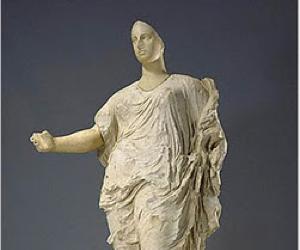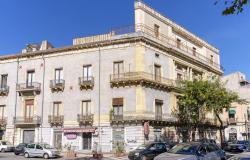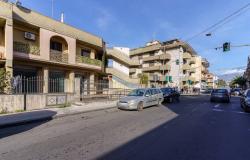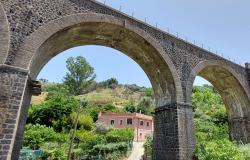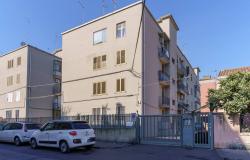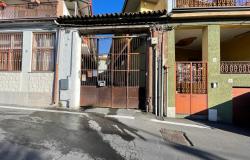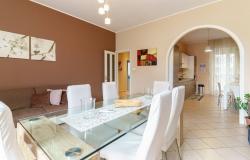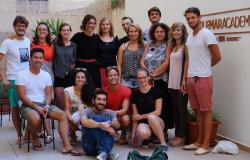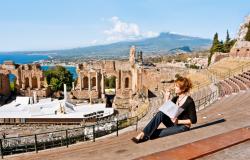A fifth century BC statue of Aphrodite is to return to its place of origin in Sicily during January following a long international argument and numerous analyses by experts. The “Aidone Aphrodite”, probably sculpted between 425 – 400 BC in Morgantina [Enna] was stolen in the second half of the twentieth century and was illegally sold to a London company. In 1986 it was acquired by the John Paul Getty Museum in the United States for $10 million. The Getty Museum’s administrators have always denied acquiring the statue illegally.
In 2001 a Sicilian court sentenced eighty-year-old Renzo Canavesi to two years’ imprisonment and imposed a fine of 40 billion lire for his part in removing the statue from Italy. Half of this figure represented the estimated value of the statue and the other half “moral damage” to the State of Italy.
The 20.2 – metre high statue is unusual for its period in that it is highly finished on all sides. Most statues of its time were finished only in front. The body parts of the statue are of marble but Aphrodite’s drapes are represented in calcareous stone. Some experts believe that the statue represents Persephone or her mother Demeter, who were both much venerated in Morgantina, rather than Aphrodite. The Getty Museum disputed the statue’s Sicilian provenance for some time but in 2007 experts proved that the stone used was from the Siracusa-Ragusa area of Sicily.
The statue is being returned under an agreement signed by Italy and the Getty Museum in 2007. It is the last of 40 antiquities to be returned to Italy by the Museum. The statue will be dismantled into three parts for the journey and a seismic wave isolator has been built to protect it from earthquakes once it arrives in Sicily.
Sebastiano Missineo, the Sicilian Regional Councillor for Culture, visited the Getty Museum to view the statue yesterday. He said that a special site will be prepared for it at the Archaeological Museum in Aidone. In the meantime, the statue will be displayed at the Palazzo dei Normanni in Palermo for Easter and will afterwards be moved to the Chiesa di San Domenico in Aidone.
